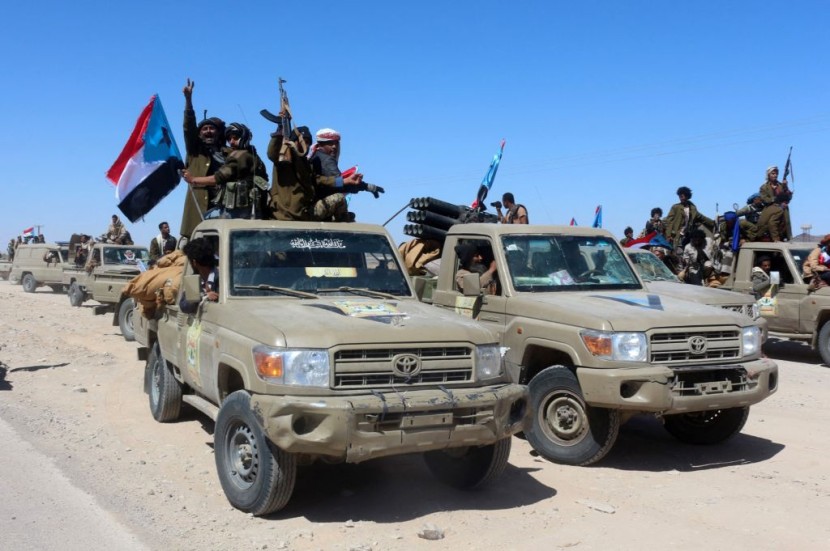
Human rights advocate groups express disappointment on United States President Joe Biden's possible re-designation of Yemen's Houthi rebels as terrorists as it would impact the delivery of relief for civilians.
February last year, the Biden administration scrapped the "terrorist" label of the Houthis, citing the potentially devastating effects of the designation on civilian access to humanitarian aid. But almost a year later, President Biden has remarked that re-designating the group as terrorists is "under negotiation" following the Houthis attacks in the United Arab Emirates and Saudi Arabia this month.
Scott Paul, senior manager of humanitarian policy at Oxfam America, said in an interview that the recent position was "extremely disappointing."
"A year ago, the administration heeded our warnings - and nothing has changed since then to improve the outlook for what these designations would mean," Paul said per Al Jazeera.
The UAE government publicly requested the US to re-blacklist the Iran-backed Houthis following the rebel's missile and drone attacks on Abu Dhabi on January 17, which killed three persons.
Days later, in a media conference during the commemoration of his first year of presidency, Biden admitted that solving the crisis in Yemen due to years of conflict would be "extremely tough. Thus, reinstating the "terrorist" designation on the Houthis was "under consideration."
The Emirati Embassy in Washington welcomed Biden's offer.
Read Also : At Least 70 People Dead, More Than 100 Injured After Saudi-Led Airstrikes at Yemen Prison Amid 7-Year War
Re-designation of Houthis Is Betrays Biden's Election Promise
Human rights advocates see Biden's remark as a betrayal of an election promise of efforts to resolve the conflict in contrast to the policies of his predecessor Donald Trump. The previous administration had supported the coalition, led by Saudi Arabia, in the fight against the rebels.
In 2015, The coalition, which included UAE, intervened in Yemen to drive out the Houthis, who had control of most of the country, and restore the leadership of Yemeni President Abd-Rabbu Mansour Hadi.
After the Houthi strikes on UAE earlier this month, the Saudi-led coalition retaliated with intensified airstrikes on rebel targets in Yemen on January 21. The operation killed 82 people and wounded 266 in the rebel's stronghold of Saada, per Bloomberg.
Internet service went offline across the country for days following airstrikes that destroyed a building accommodating an internet service company in the port city of Hodeidah.
Houthis Blamed For The Prolonged Crisis
Last week, National Security Council coordinator Bret McGurk seemed to blame the Houthis for the continued violence in Yemen due to its refusal to engage in "a number of ceasefire initiatives on the table."
The Houthis rejected a US-backed Saudi ceasefire proposal last year, asserting that ending the war requires the removal of the blockade, including the reopening of Sanaa airport.
But Iman Saleh, general coordinator of the Yemeni Liberation Movement, an anti-war advocacy organization in the US, argued that the Biden administration is aware that the re-labeling of the Houthis as terrorists "would starve millions of Yemenis."
"A designation would make him no different from Trump," he stressed.
As a result of the ongoing war, Yemen, the poorest country in the Arabian peninsula, is on the edge of famine and experienced massive displacement. The United Nations dubs the dire situation in the Western Asian country as the world's worst humanitarian crisis per AP News report.
Related Article : UN Warns of Growing Humanitarian Crisis, Famine in Yemen as Aid Agencies Run Out of Money




